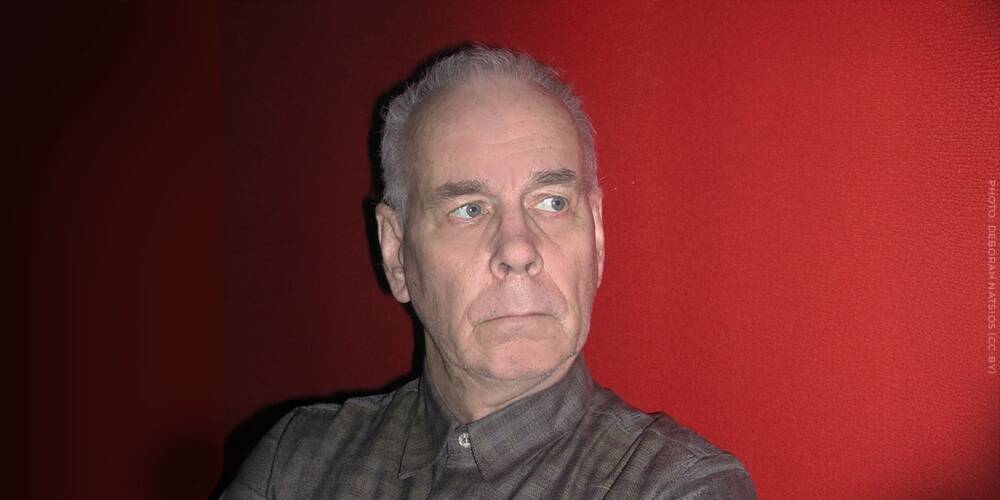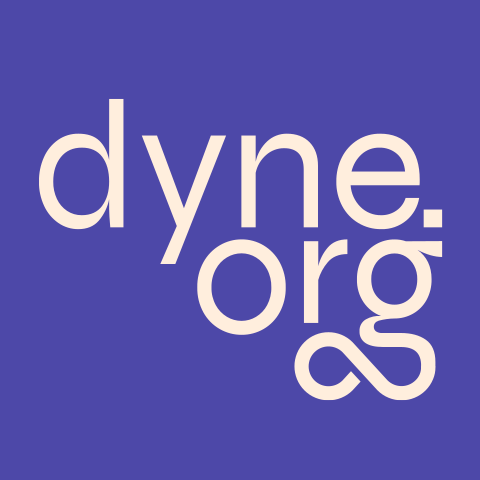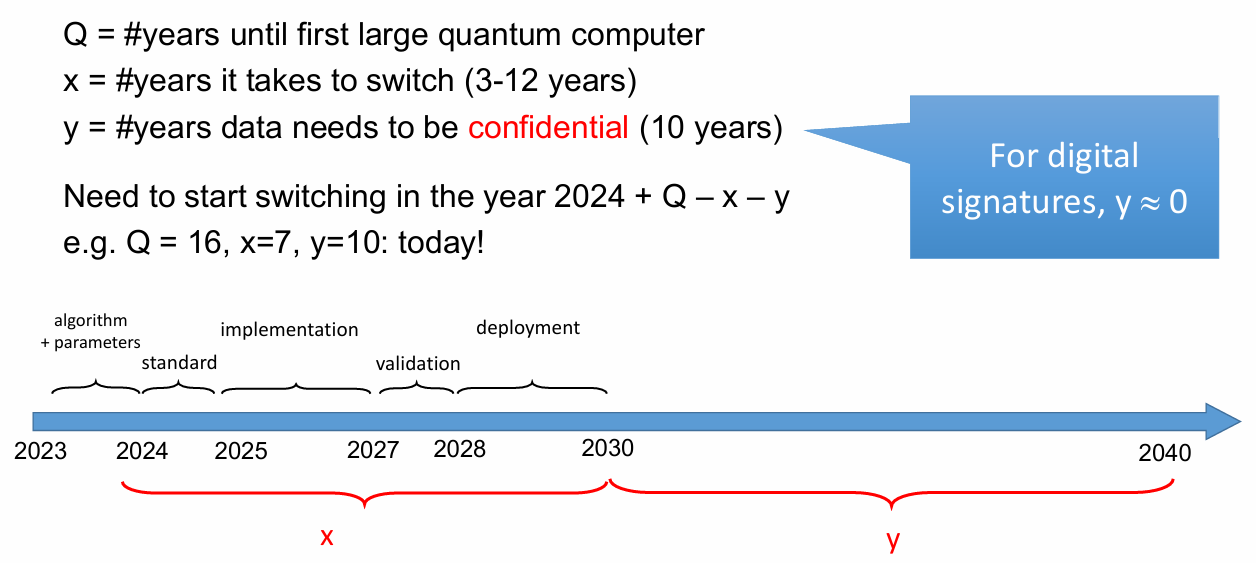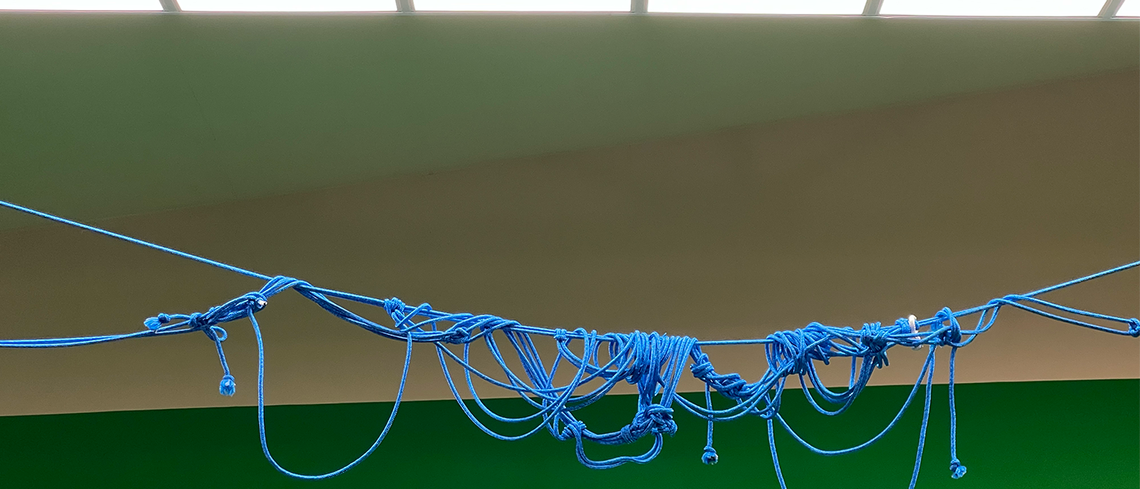Cryptome is the oldest project for online freedom of information that has never sold out or surrendered.
John Young has died. He was eighty-nine years old. His work with Cryptome stands as pre-eminent for many who were active in the early days of digital networks. Young and his wife, Deborah Natsios, were the co-founders of Cryptome, a project which, for me and others, constituted an early exemplar of network activism, or hacktivism, if you will.
I discovered Cryptome during my first explorations online. I believe I had only recently come of age, and my passion for American literature led me to read contemporary debates by connecting to nascent digital communities such as The Well, Nettime, and the forums hosted by The Thing BBS in New York City. In the early days of the Internet, Cryptome distinguished itself alongside a few other websites: its site, stripped of embellishments, distributed documents unavailable elsewhere, amongst which the most interesting provided evidence of crimes committed by states or multinationals that poorly concealed their bad faith. Cryptome was proof that the Internet would mean a new frontier for the freedom of information for all of us.
Cryptome was born in 1996, and I believe Young began by conceiving his role as an archivist: he curated the collection, but not the contents of individual documents, in the sense that he did not modify or filter them in any way. He published beneficial and thorough information concerning cryptography, counter-espionage, and covert operations by governments and multinationals, all subjects I have been passionate about for a lifetime. Cryptome's collection, by his admission, also contained dated or imprecise material: it did not position itself as an authoritative source, but entrusted information to the public's capacity to evaluate it autonomously.
Young's motivations appear to have been shaped by his experience of the student protests of 1968 at Columbia University: these were the times of demonstrations against the Vietnam War, for which he was also briefly arrested. In the early 1990s, the American government blocked the export of cryptographic algorithms with legislation that equated them to weapons, a story well told in Stephen Levy's book "Crypto". In that era, Phil Zimmermann released the code for Pretty Good Privacy (PGP), and Cryptome was born to support such action, claiming freedom of research and sharing.
Some years later, about twenty years ago, I had the opportunity to meet John Young in person. This occurred in Berlin, at the Transmediale festival, where I was honoured to receive the Vilém Flusser Prize. Meeting the individual behind Cryptome, an archive that by then possessed a certain mythology for those of us in the field, was a significant experience. It was encouraging to learn that work of such magnitude could result from the dedication of individuals acting on principle, rather than from conspicuous organisations with substantial funding.
It is important to remember that Cryptome never profited from its activities; its minimal expenses were borne by its creators, architects by profession, who declared it a public service. This makes it very different from other platforms for freedom of information, such as WikiLeaks or The Intercept.
John Young's approach still teaches us today that such activity must not aim for general approval, recognition, donations, and least of all profit: a firm commitment to public access to information, regardless of how uncomfortable that information might be for established powers, must exclude any financial interest from its horizon to be independent.
The Internet has changed since Cryptome's inception. Still, the questions that Young's project raised some thirty years ago concerning secrecy, control, and publication ethics remain utterly current and unresolved. Cryptome demonstrates that anyone who holds dear the freedom of information can activate themselves for it even with few resources. Despite John Young's departure, his project remains a point of reference for an ideology of radical transparency that we can number amongst the prescriptions for salvation for a type of public information that the interests of governments and multinationals would often prefer to silence.
John Young's obituary in The Register:

Nettime thread about his departure:






